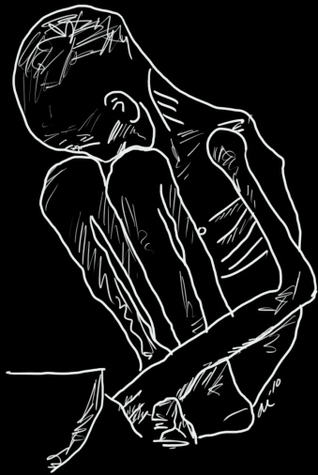
To strengthen her point here she has used conditional clauses while talking about the imaginary Omelas, which instead has made the author unreliable. This expresses that Omelas exists only the way readers anticipate for themselves. I wish I could convince you….for certainly I cannot suit you all.” (Guin, 1973, p.1). The author writes “O miracle! but I wish I could describe it better. As well as there are points in the story where an author wishes if she could describe the utopia more effectively and prudently. “Omelas sounds in my words like a city in a fairy tale, long ago and far away, once upon a time.” (Guin, 1973, p.1) and a part of this invitation to the reader is because Omelas is an imaginary city as it has been said in this sentence. She makes direct contact with the reader when she invites readers to fill in perfect details about utopia as it suits them. And her objective approach accomplishes this goal. Furthermore, she has appealed to ethos to sound fair and build credibility in eyes of the reader. Ursula has used third person narrative to present herself as unbiased and fair. And finally shows people walking over morality to taste happiness. This grounds the concept of individual versus society later in the story. Only pain is intellectual, only evil interesting.” (Guin, 1973, p.1) the author has clearly stated how we take happiness for granted and romanticize suffering as something to enjoy more. “The trouble is that we have a bad habit, encouraged by pedants and sophisticates, of considering happiness as something rather stupid. A festival where people have been coming from different places to witness the perfect happiness of Omelas, which is considered to be very simple to have. “Far off to the north and west the mountains stood up half encircling Omelas on her bay.” (Guin, 1973, p.1), this vividly shows her technique to construct a scenario of the festival. Moreover, she has used an objective approach at the beginning of the story and has introduced the utopia with the help of a festival. The author wants us to envision the perfect society the way we want when she says “Perhaps it would be best if you imagined it as your own fancy bids,” (Guin, 1973, p.1). The author has picked on an imaginary utopian society to reveal the cost one has to pay for perfect happiness: the nature of people to reject morality and suppress the weak has also been discussed through sensory deprivation and the suffering of a child. She uses rich images of the city to lure the reader into imagining what a perfect society will be like, "Omelas sounds in my words like a city in a fairy tale, long ago and far away, once upon a time." In one hand she is guiding us with vivid images, but on the other she allows us to participate as she mentions, "perhaps it would be best if you imagined it as your own fancy bids, assuming it will rise to the occasion, for certainly I cannot suit you all".The ones who walk away from Omelas by Ursula K.Le Guin has been published in 1973. However, one interesting thing about LeGuin's style is that, even though she gives us numerous descriptions to make her story believable, we are still given a tool to create a setting as she says, "it would best if you imagined it".

Therefore, we are forced to accept the credibility of the story. She mentions, "how can I tell you about the people of Omelas?" It seems as if she is trying to find the perfect words "I wish I could describe it better" to describe how the inhabitants of Omelas are.
Ursula k leguin the ones who walk away from omelas how to#
Even though, at the beginning of this passage, she does not seem sure of how to describe this town. The way LeGuin describes the town of Omelas, puts us in a difficult place, since we are forced to accept the story as it is told to us. The emphasis on the ideality of this city is what gives rise to the irony of the story, because happiness of Omelas" inhabitants is based on the suffering of a child.

It can be any town in the world, which means that the story that develops can be symbolic of any town or city. The place that LeGuin describes here is nowhere in particular. The way she describes the people of Omelas, by saying that "they were mature, intelligent, passionate adults," gives the impression that Omelas is a dreamy and irreal city. LeGuin focuses on the way the city is developed By playing attention of the way the habitants lives are, we can find the positives and negatives aspects of the town. "The Ones Who Walked Away from Omelas" is an interesting story, since the author Ursula K.


 0 kommentar(er)
0 kommentar(er)
